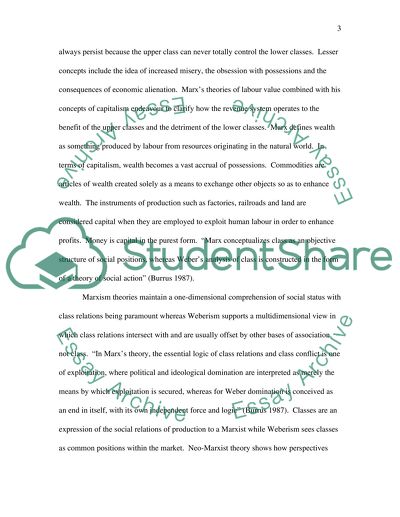Cite this document
(“Compare and contrast Karl Marx's and Max Weber's ideas about Essay”, n.d.)
Retrieved from https://studentshare.org/miscellaneous/1541082-compare-and-contrast-karl-marxs-and-max-webers-ideas-about-capitalism-which-points-does-weber-against-to-marx
Retrieved from https://studentshare.org/miscellaneous/1541082-compare-and-contrast-karl-marxs-and-max-webers-ideas-about-capitalism-which-points-does-weber-against-to-marx
(Compare and Contrast Karl Marx's and Max Weber'S Ideas about Essay)
https://studentshare.org/miscellaneous/1541082-compare-and-contrast-karl-marxs-and-max-webers-ideas-about-capitalism-which-points-does-weber-against-to-marx.
https://studentshare.org/miscellaneous/1541082-compare-and-contrast-karl-marxs-and-max-webers-ideas-about-capitalism-which-points-does-weber-against-to-marx.
“Compare and Contrast Karl Marx's and Max Weber'S Ideas about Essay”, n.d. https://studentshare.org/miscellaneous/1541082-compare-and-contrast-karl-marxs-and-max-webers-ideas-about-capitalism-which-points-does-weber-against-to-marx.


